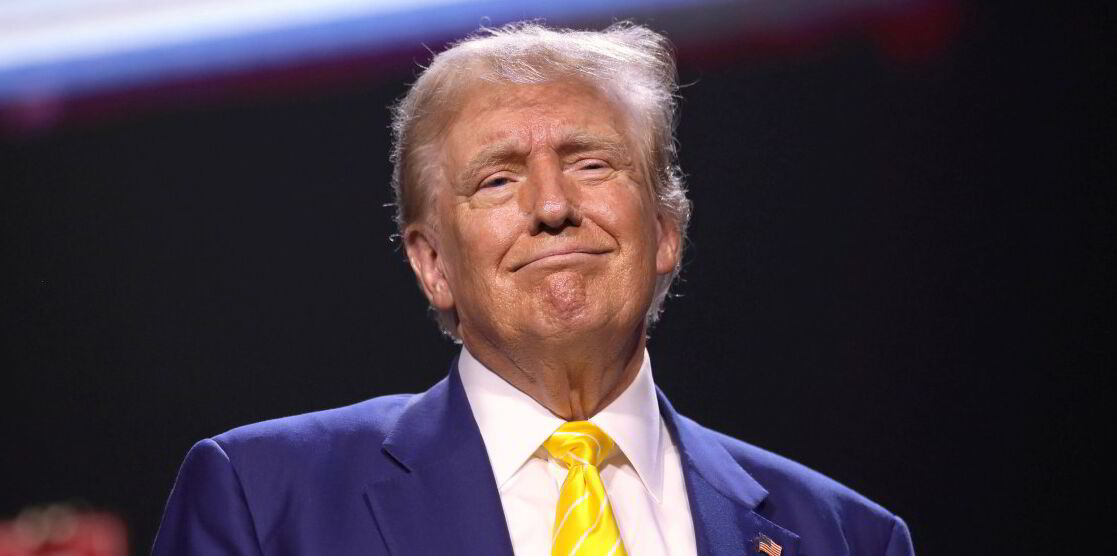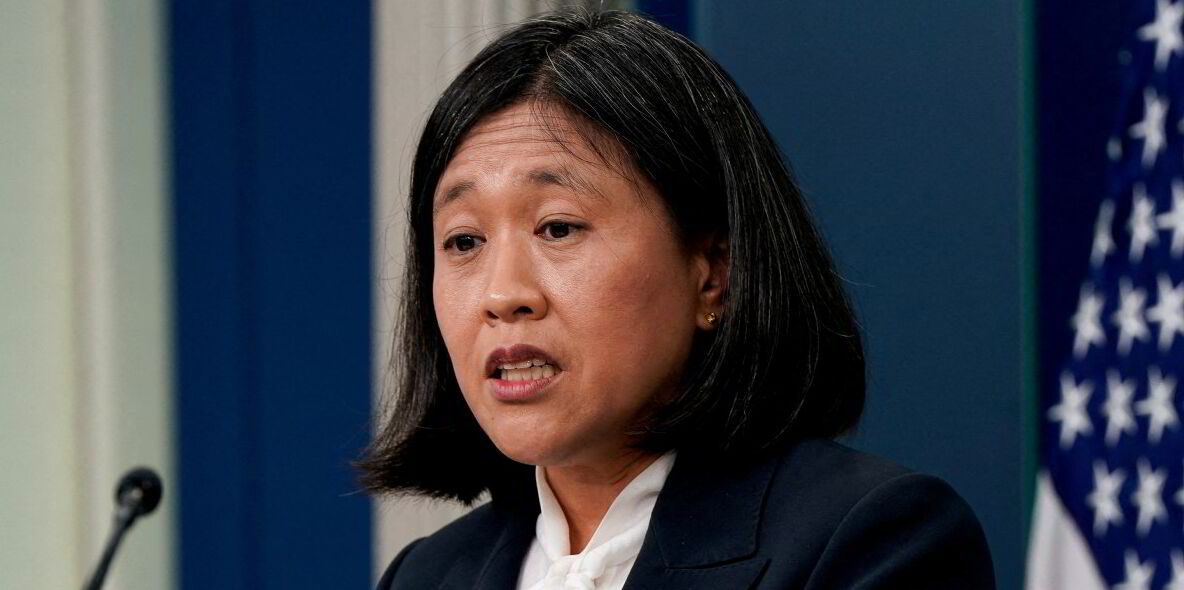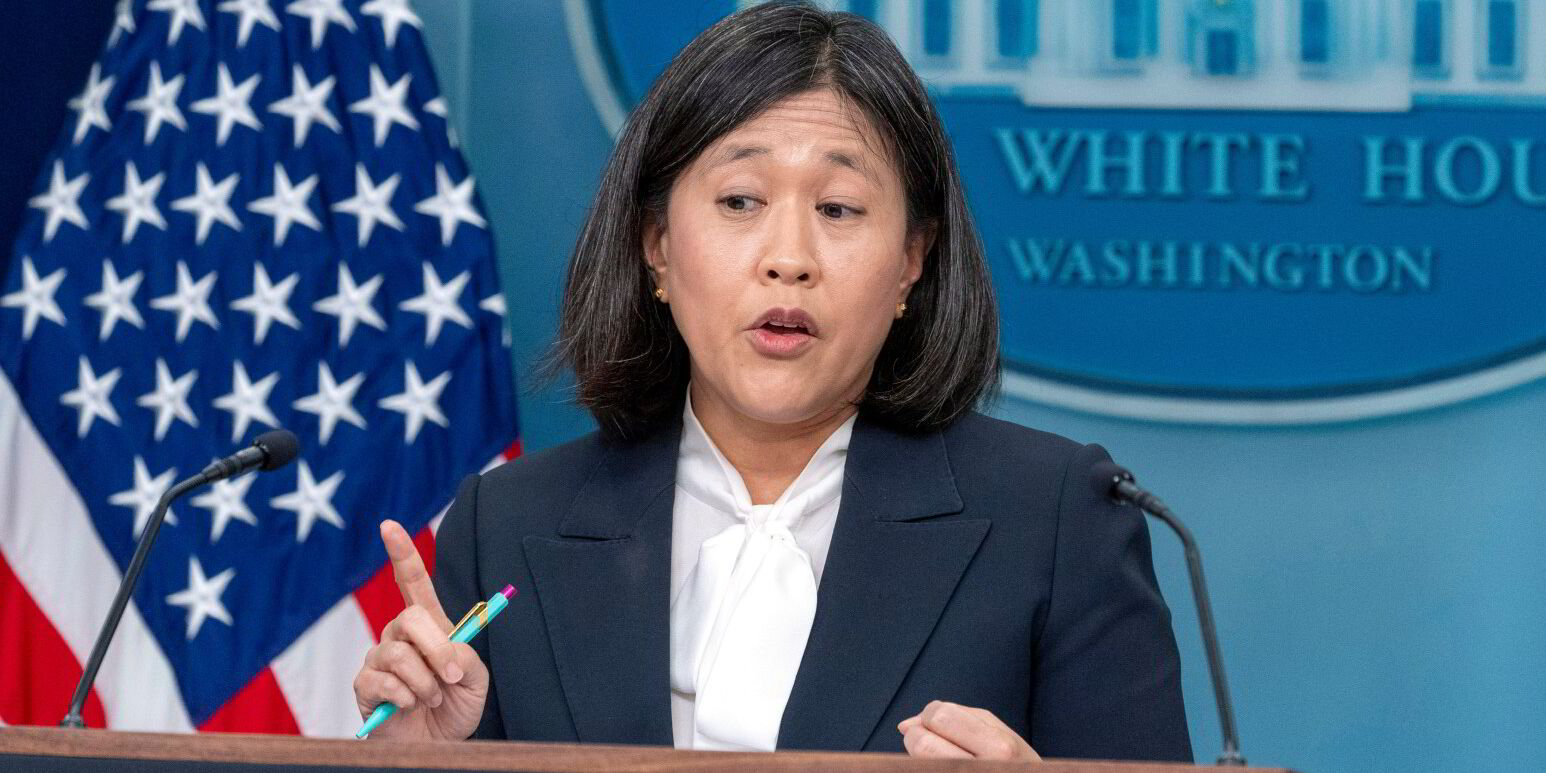US officials are considering a major tariff hike on ship repair work carried out in China, according to legal experts and the text of legislation proposed in Congress.
An under-the-radar provision of the proposed Ships for America Act, which was introduced in December by a bipartisan group of lawmakers from both houses of Congress, shows that they would like to impose a 200% duty for work carried out on many US-flag ships at yards in “countries of concern”.
The text does not name China. However, a fact sheet distributed by the bill’s chief sponsor, Democratic senator Mark Kelly, makes clear that this language is a reference to China.
It is not clear how Donald Trump will view the proposal, but maritime experts aligned with the incoming Republican president also favour it, and two nominees to key posts in his cabinet are architects of the Ships for America Act.
Michael Kaye, a trade lawyer with Squire Patton Boggs, told TradeWinds that such a tariff could also be a potential remedy that the White House could pursue after an investigation by US trade representative Katherine Tai of Chinese dominance in shipbuilding.
Tai is reported to have concluded that Beijing’s support for its shipbuilding sector constitutes unfair trade practices, although her looming report will leave deciding remedies to Trump’s trade representative.
Kaye said a 200% tariff could make repairing US-flag ships in China cost-prohibitive.
“Assuming people go ahead and get something repaired in a Chinese shipyard, what happens to that $3m repair with 200% duties? That’s a $6m cheque that someone’s got to write to the US Treasury,” he said.
Maritime fund
Under the proposed Ships for America Act, the tariff revenue would probably go into a fund to boost the US merchant marine and American shipbuilders.
The fee would apply in key government programmes that support US-flag shipping, but they could seek a waiver if they show a good-faith effort to repair in the US.
When labour unions asked the Biden administration in March to investigate Chinese shipbuilding, they proposed a $1m port fee on Chinese-built ships. That is also expected to go into the proposed fund if Trump imposes the port fee.

It is not clear whether the president has the power to do so alone.
The Ships for America Act, however, emerged out of a shipbuilding strategy whose co-authors included two Florida lawmakers who will be close to Trump.
Senator Marco Rubio has been nominated for secretary of state, and the president-elect appointed representative Michael Waltz as his national security adviser. Rubio is expected to sail through Senate confirmation, and Waltz’s position requires no such approval.
The Ships for America Act, which was introduced at the close of 2024 but will have to be reintroduced in the new Congress, also proposes to raise tariffs for other shipbuilding nations from 50% to 70%.
The proposed repair tariff changes are one provision among many in the legislation aimed at bolstering domestic shipyards.
Charlie Papavizas, a maritime lawyer at Winston & Strawn and author of the book Journey to the Jones Act, has described the bill as a “monumental” bid to grow US-flag shipping and the yard sector.
“The legislation is an ambitious effort to increase substantially the US merchant marine in the international trade and the US shipyard industrial base after a long period of US government neglect,” he said in a post.
Brent Sadler, a senior research fellow focused on naval warfare at the Trump-aligned Heritage Foundation think tank, told TradeWinds that putting a cost on repair work in China could serve as a remedy following the Biden administration’s listing of shipowner China Cosco Shipping and yard group China State Shipbuilding Corp as Chinese military companies.
A tax on China repairs
“You could actually start taxing those that do decide to do repair and maintenance on US-flag ships or ships that are getting stipends from the Maritime Security Program that do repairs in China,” he said, referring to a government programme that provides stipends to operate ships under the US flag.
“You can also use more carrots, less stick, and you could have favourable treatment of those shippers that preferentially use US-flag vessels.”(Copyright)
Read more
- How Biden’s Chinese yard probe will arm one of Trump’s favourite trade weapons
- US sets stage for penalties against Chinese shipbuilding after finding Beijing support is unfair
- US upgrades sanctions against Russia with global ban on business with 100 entities
- Zim stock in eight-day trading slide amid gathering hopes for Israel-Hamas truce
- Dark fleet clampdown too hot for IMO to handle, say Norwegian shipowners





